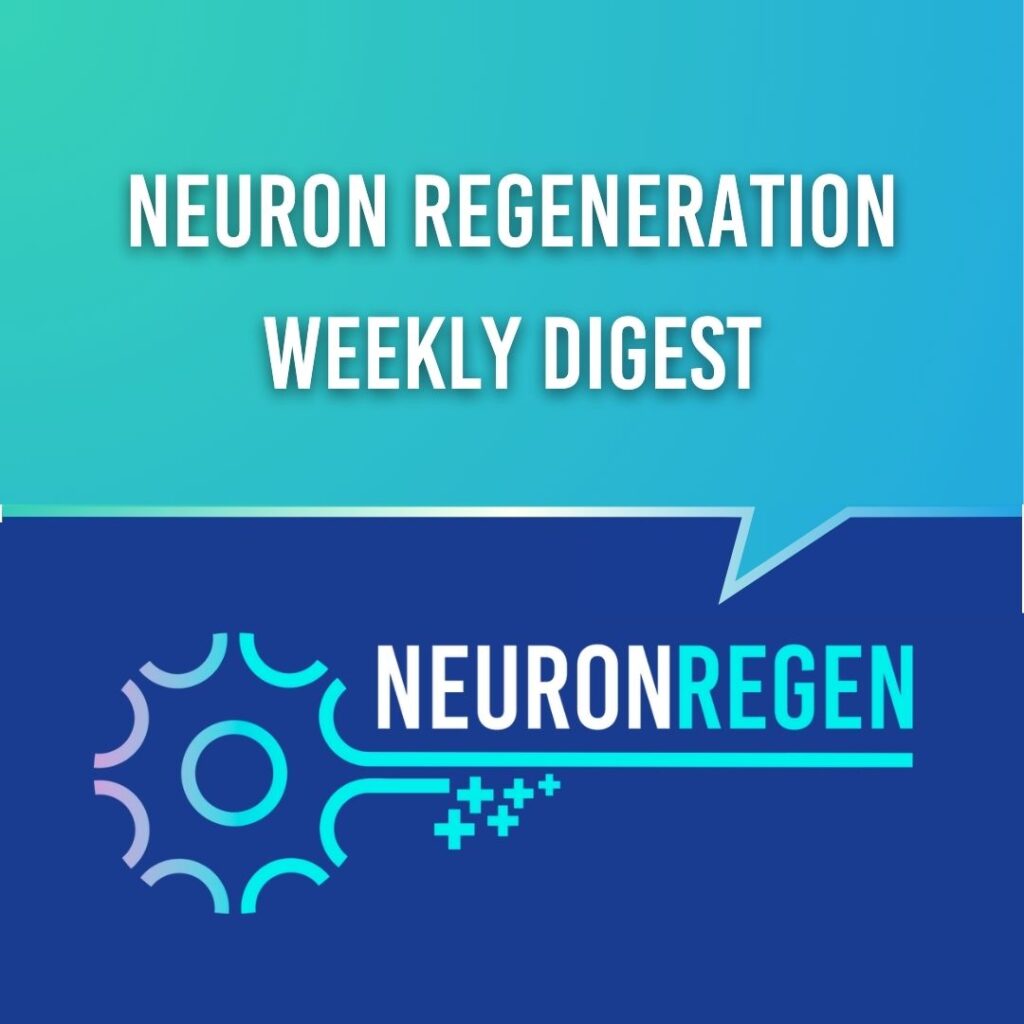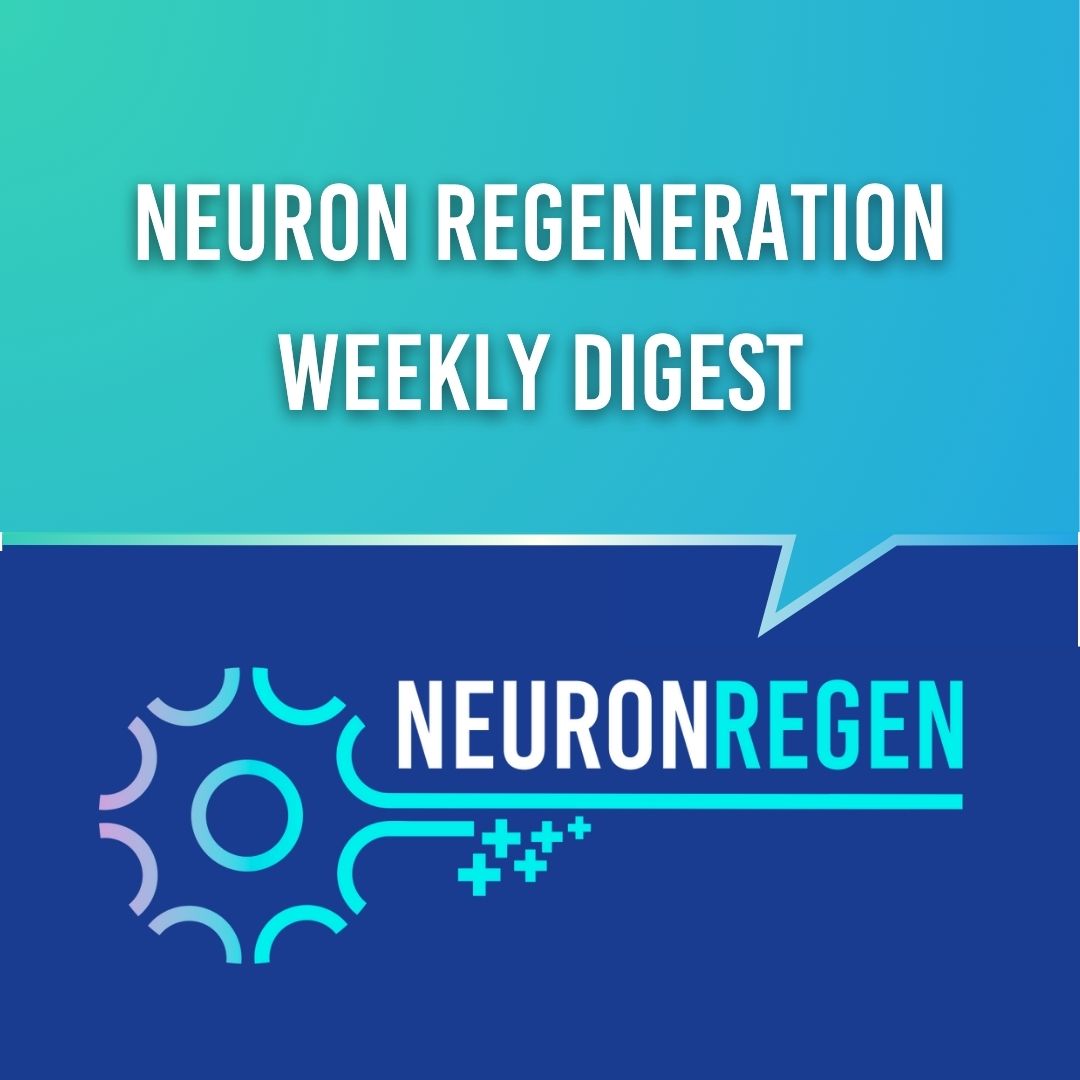In the field of neurodegenerative disease research, each new study offers a deeper understanding of the cellular mechanisms that underlie damage and potential recovery in the brain and spinal cord. This week, we explore three compelling discoveries that shed light on the interconnected pathways contributing to neuron loss—and the innovative strategies scientists are investigating to restore function.
From uncovering how mitochondrial dysfunction drives Huntington’s disease, to exploring the regenerative possibilities of cerebral organoids in stroke recovery, and identifying a shared molecular pathway between spinal muscular atrophy and ALS, these studies offer valuable insights for clinicians, researchers, and patients alike. While each approach faces its own set of challenges, they collectively expand the therapeutic landscape for conditions long considered untreatable.

1. NEDD4L induces mitochondrial dysfunction and neurodegeneration by promoting LIPT2 degradation in Huntington’s disease
A recent study reveals that the enzyme NEDD4L contributes to neuron damage in Huntington’s disease by degrading LIPT2, a key player in mitochondrial health. Blocking this process—or restoring LIPT2—may protect brain cells and improve motor function, pointing to a promising direction for future therapies.
2. Remodeling and repair of the damaged brain: the potential and challenges of organoids for ischemic stroke
A growing body of evidence suggests cerebral organoids—3D stem cell-based brain structures—may one day support brain repair after stroke. While challenges remain, early findings highlight their potential to rebuild damaged circuits and restore function when traditional treatments fall short.
3. KIF5A downregulation in spinal muscular atrophy links axonal regeneration defects with ALS
Scientists have identified KIF5A as a key player in motor neuron health, connecting axon repair deficits in spinal muscular atrophy (SMA) with similar patterns in ALS. Stabilizing this protein may pave the way for new therapies beyond SMN-focused treatment.
If you’d like to stay informed of the latest publications and breakthroughs in neuron regeneration, join our email newsletter to the right (or below on mobile). We send out weekly updates with the latest papers and studies, as well as podcast episodes with the people driving Neuroregenerative breakthroughs.

